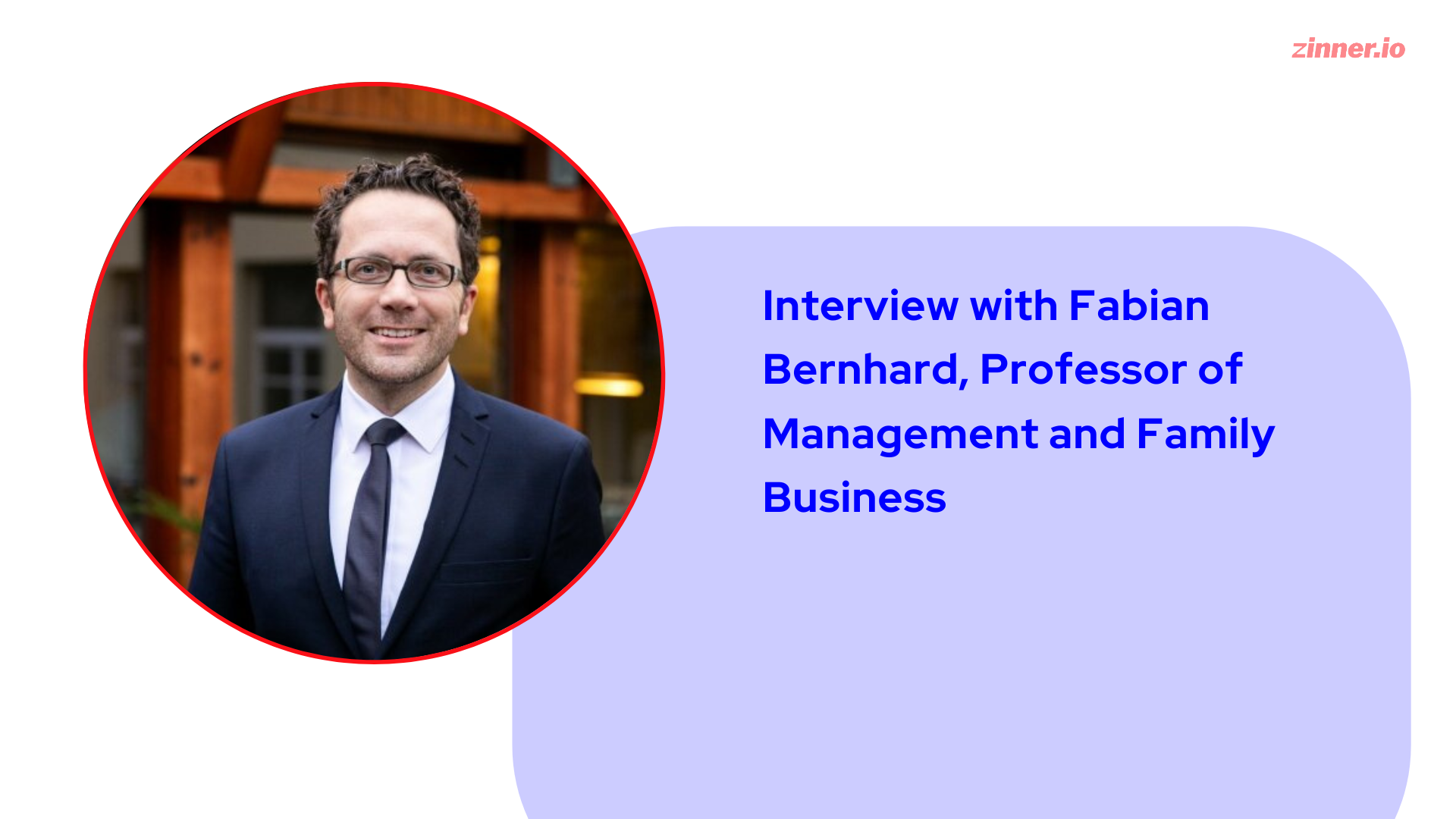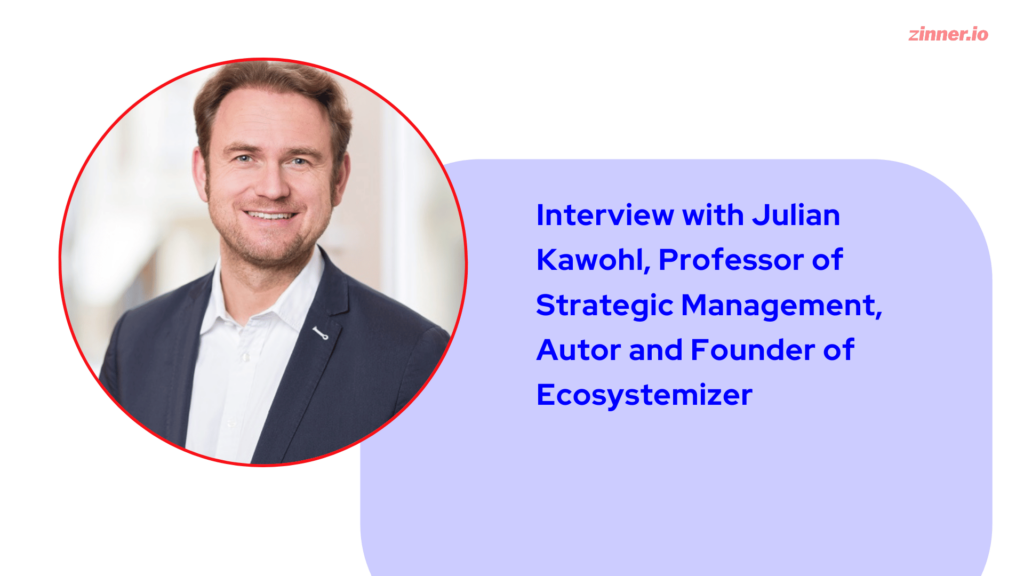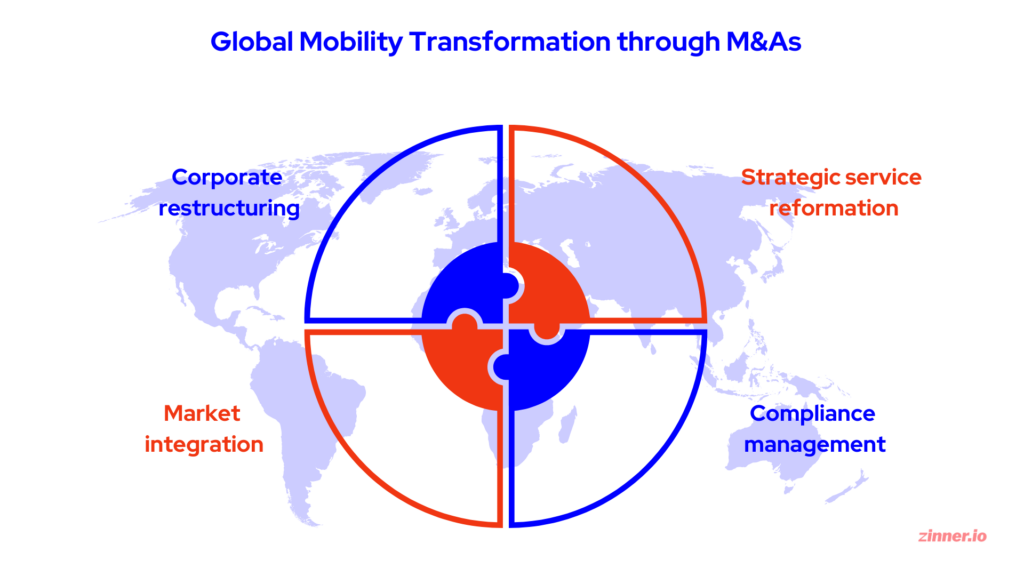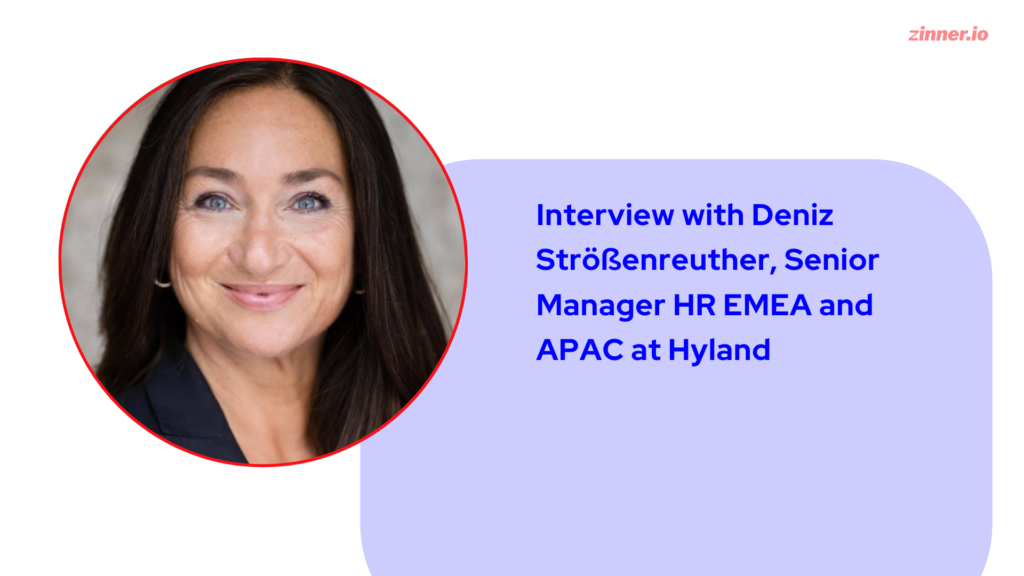
Professor of Management and Family Business
After studying Business Administration at the University of Mannheim and an MBA at the University of Oregon, Fabian Bernhard initially worked for several years at an international management consultancy in New York. In 2007 he started a PhD programme at the European Business School and WHU Otto Beisheim School of Economics. After further academic periods in Florida and other places, Fabian works at the EDHEC Business School as a professor in Paris. His focus is on the social, psychological and organisational characteristics in the management of family businesses.
Q: What is it like to work as a professor for management and family business?
I mainly deal with three things: Research on questions of business psychology and family businesses. I am particularly interested in emotional intelligence and how emotions influence our economic decisions. Then there’s teaching: I work with MBA students and managers in continuing education courses to improve their leadership skills. And I give workshops, seminars and do projects with companies and organisations.
“How to deal with employees and managers who are not family members […]. Then there are classic conflicts, because decisions are often subject to emotional dynamics in family businesses. And finally, there is often a need for solutions as to who will take the lead and how the next generation can be prepared for their future roles.”
Q: Can you imagine ever leaving research & teaching behind and joining a company?
I’m already working outside the university. I work very intensively with companies and I enjoy that too. This is how I manage to get out of the university ivory tower. This provides inspiration for my other pursuits, such as workshops within companies, my work on supervisory boards, projects with cooperation partners and much more. For example, I sit on the board of the Family Firm Institute. We deliberately bridge the gap between theory and practice.
Q: What topics do family businesses deal with that are perhaps less relevant for large corporations?
I work for family businesses of all sizes – from small or medium-sized to larger companies with group-like structures. This often involves questions about how sustainability can be implemented in the company over multiple generations. How to deal with employees and managers who are not family members is also a common subject. Then there are classic conflicts, because decisions are often subject to emotional dynamics in family businesses. And finally, there is often a need for solutions as to who will take the lead and how the next generation can be prepared for their future roles.
Q: Which job do you find most interesting and why?
I am interested in both worlds. I find everything that connects the world of research with practice exciting.
Q: In your opinion, what makes the perfect HR employee?
It should definitely be a person who enjoys working for and with people. It is important to provide a company with employees that it needs. The HR manager should also be willing to develop employees further. I think that Human Resources should be operated with a holistic approach. Human Resources serves both sides, employers and employees. This may be an older approach. But it still applies in my opinion.
Q: We have had the pleasure of holding two courses on international recruiting together at the EDHEC in Paris. What do French students find interesting about a Berlin boutique consulting firm?
Berlin is cool to French students. You are also a talented speaker and fantastic at presenting. Students like that – especially when someone with practical experience in international matters speaks.
“[…] HR process consultants ultimately work very closely with people. That’s why I find characteristics that are expected of every person with leadership responsibility quite essential”.
Q: Where do you see Human Resources in ten years?
HR has often been neglected in the past. I think that will change. Between the Millennials, the trend towards start-up entrepreneurship, digitisation and the “war for talent”, there is a growing appreciation of human capital. This is why more importance will also be placed on the HR sector in the future.
Q: What qualities should HR Process Consultants have?
The term “HR Process Consultant” sounds rather technocratic at first. However, HR Process Consultants ultimately work very closely with people. That’s why I find characteristics that are expected of every person with leadership responsibility quite essential. That means leadership, understanding and empathy as well as emotional intelligence.
Authors:
Daniel Zinner – International HR expert, entrepreneur, and communications consultant. His expertise lies in HR, strategy, digitalisation and transformation strategy.
Fabian Bernhard – Professor of Management and Psychology and is part of the Family Business Center at EDHEC Business School in Paris, Lille, Nice and London. He is a research fellow for family business at the University of Mannheim and for psychology at the University of Frankfurt in Germany.






